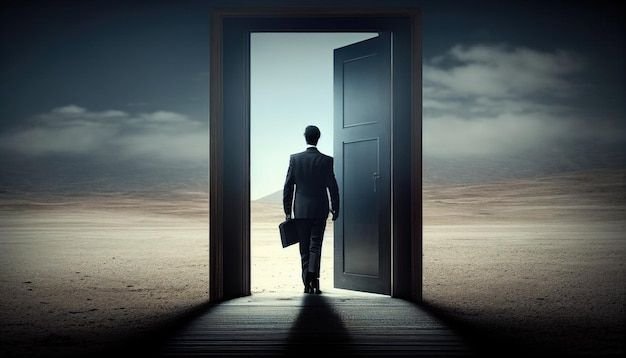When most people hear “time travel,” they picture sci-fi movies with glowing machines and flashing lights. But if you’ve ever packed your life into a suitcase and stepped into a new country, you know that time travel is real,just without the Hollywood special effects.
Moving abroad doesn’t just change your scenery; it changes your sense of time itself. The speed, the rhythms, even the weight of moments shift in ways you can’t understand until you live it.
Here’s why relocating can feel like you’ve stepped into another century,or even another lifetime.
1. You’re Suddenly Living in Multiple Timelines
The first shock is realizing you’re operating in two worlds at once:
- Your new country’s timeline — The present moment around you: new streets, new routines, new customs.
- Your home country’s timeline — Waking up to missed calls, scrolling through news from “back home,” and remembering that while your day is starting, theirs is ending,or vice versa.
- You’re constantly bridging these timelines, sometimes answering work emails at midnight or catching family calls at dawn. It’s like living in parallel universes, except you’re the link between them.
2. The Pace of Life Feels… Off (in a Good Way or a Frustrating Way)
One of the most jarring forms of “time travel” is how fast,or slow,people seem to live.
- In Tokyo, the day runs like a precision clock,trains to the second, deadlines met with military discipline.
- In Caribbean islands, life flows to the rhythm of the sun, not the calendar. Missing a meeting because of a long lunch? No one’s panicking.
- In Mediterranean towns, dinner might not even start until 10 PM.
- If you’ve lived in one tempo your whole life, shifting gears feels like stepping into another historical period,sometimes the future, sometimes the past.
3. You Witness the Past in Action
Not every country lives in the age of instant digital everything. Moving abroad can mean:
- Paying bills in cash at a government office.
- Seeing craftspeople repair shoes or clothes instead of throwing them away.
- Kids playing outside with zero smartphones in sight.
These moments can feel like a portal back to your grandparents’ era,reminding you that “progress” isn’t always linear, and that some “old” ways have more humanity baked into them.
4. Your Own Life Speeds Up
Ironically, while the world around you may slow down, your personal timeline accelerates. Why? Because every day is dense with novelty.
- You’re constantly learning how to order coffee, how to avoid a cultural faux pas, how to navigate bureaucracy.
- You measure time not in months but in milestones: your first local friend, your first festival, your first emergency where you had to solve a problem in another language.
- It’s why many expats say their first year abroad feels like five years of personal growth condensed into twelve months.
5. The Future Shows Up Early
In some countries, you’ll encounter technology, infrastructure, or social attitudes that make your home country feel outdated.
- Seamless cashless payments in rural Asia before they’re common in the West.
- Ultra-fast public transport in places where traffic jams would be unthinkable.
- Entire neighborhoods designed for walkability and community rather than car dependency.
- Living abroad can be like skipping forward in the timeline,seeing where your old country might be in a decade.
6. The Emotional Time Warp
Here’s the hidden part: moving abroad often feels like stepping both forward and backward in your own life.
- Forward, because you’re reinventing yourself.
- Backward, because you’re starting from scratch,like being 18 again, figuring out how the world works.
- The mix of vulnerability and excitement is intoxicating. You’re older and wiser, yet you’re also brand-new. That’s the magic of the expat time warp.
Final Thought
Moving abroad is time travel,not in the sci-fi sense, but in the way it distorts, stretches, and compresses your life. You’ll live in the past, present, and future all at once. You’ll see centuries-old traditions side by side with futuristic tech. And you’ll measure your life not just by the years you live, but by the lives you’ve lived.
The clock won’t tick the same way again,and that’s the point.













